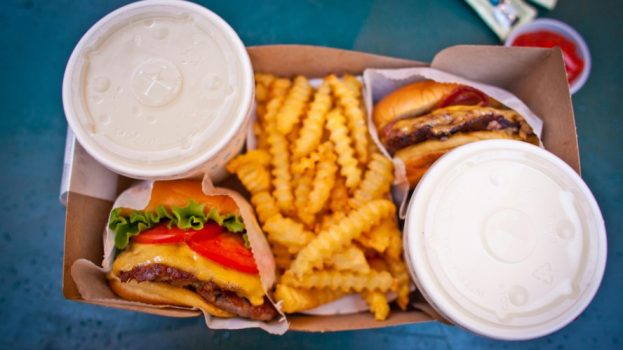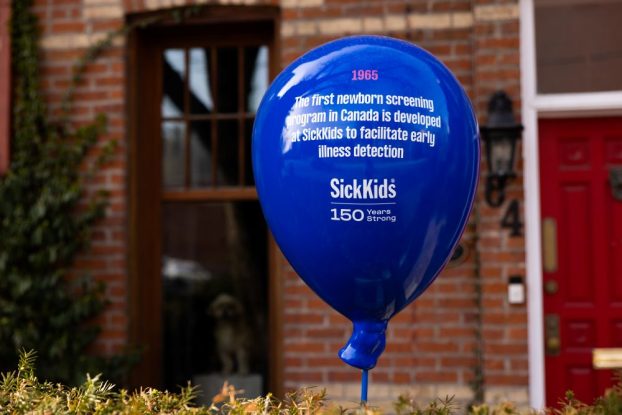Ford has just released its annual trend report, looking ahead to 2015 to see what will shape consumer behaviour in the coming year. The report maps political, social, economic and cultural trends that shape way consumers think, behave and buy, pulling data from various studies and sources globally.
First on the list, the brand says it’s time to make way for Generation Z. Defined as those born after 1993, the generation is more than two billion strong globally. And these are altruistic business-minded kids the report found: Gen Z is 55% more likely to start a business and 54% more likely to say they want to have an impact on the world than millennials.
The second trend on the Ford report says a rebellion is about to come to a head – brand rebellion, that is. “Society has always loved risk takers, but the marketplace has never been more receptive to them than it is today,” it says. What’s more, the report points to mediums like Kickstarter and Pozible as enablers of this rebellion – and more and more consumers will turn their attention and dollars to unconventional brands. (The report highlights brands such as 23andMe, a genetics testing startup that screens for a wide array of genetic conditions for $99, or Mink, a 3D printing company that prints out cosmetics). Nearly half of the world population under 35 are drawn to brands they consider rebellious.
Failure is also a topic du jour with the stigma around failure eroding, the report found. “In an age of constant change, the only real failure is the failure not to try, improve and evolve,” it writes. Much like the rebellious trend, consumers are embracing the entrepreneurial spirit and accept that things are in constant “beta testing.”
The fourth trend in the report is the concept of the “carry less” movement – that is people are increasingly shunning carrying stuff. The report estimated that by 2017, 450 million people will be using mobile payment systems worldwide, while 45% of millennials reported feeling comfortable connecting payment information to a wearable device. And as these mobile-friendly payment systems (not to mention smart tech that replaces things like keys and subscription shopping services that deliver items like groceries to your door) take off, people will enjoy not being burdened by things while out and about.
“No strings attached” might have been the title of a mediocre rom-com, but it’s also the fifth trend in the report. People are cutting ties to possessions as the sharing economy takes off: 64% of Americans, for example, believe that sharing goods and services is better for the environment, while 76% believe its good for the wallet. Almost three-quarters of adults worldwide say they’d rather have fewer, but more useful possessions. And now, you can share anything from dogs, to houses, to Wi-Fi and even boyfriends.
The sixth trend in the report found that the concept of family is evolving, with 37 countries around the world granting or accepting same sex marriage. And brands, like Cheerios and Honeymaid are getting with the program, building in non-traditional families into their marketing material.
Privacy is becoming a precarious balancing act, the study also found. While consumers recognize the need to trade off information to benefit from good and services brands provide, companies need to continually ask how far is “too far,” the report finds. More than three quarters of millennials and 59% of older internet users expressed a wish for more privacy, while 26% of teens say they post fake information on social media to help protect their privacy. And of course brands – such as app Whisper, which allows users to anonymously share thoughts – have started popping up to service this group of folks who want more information kept behind locked doors.
The eighth trend in Ford’s report found that health remains an elusive entity, with growing obesity becoming a huge issue (in the States, 48% of Americans say it’s easier to figure out taxes than how to stay healthy). More than 60% of deaths globally are caused by a chronic disease, such as heart disease, stroke or cancer, while 80% of cardiovascular deaths could be prevented through healthy eating and regular exercise, the report states. And brands still haven’t totally gotten with the program. One study this past year found that up to 40% of 400 food and beverage products available in Europe were either mislabelled, contained additives not permitted in the EU or were otherwise “not what they claimed to be.” (The report points to a tea, for example, that when tested didn’t actually contain tea, but instead glucose powder and prescription obesity medications.)
Escapism will be a hot trend as well in 2015, the report found. The 24/7 connectivity, and our growing boredom and shortened attention spans, will make it more difficult to truly “escape,” that is take some sort of break or explore an entirely new world. Brands should note that 62% of adults worldwide say they want an experience that can’t be replicated, while more than the majority say slowing down is a luxury.
Finally, the report found that mobility has outpaced the definition of the word. Our ability to move ourselves and objects between two points – whether through traditional means or things like space travel or drones or even digital payments – has made the concept of being mobile fluid. Seventy percent of people around the world are open to unconventional methods of transportation. E-bikes, for example, are taking off: in China there are more than 200 million electric-powered bikes, while in Brazil, the sales have grown 200%.
Statistics from this report were tallied from a variety of sources and studies.
Image courtesy of Shutterstock.
























